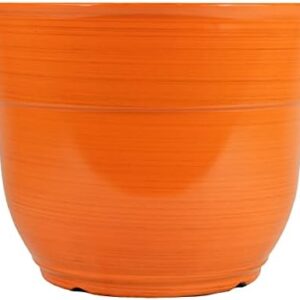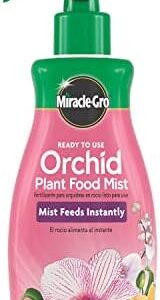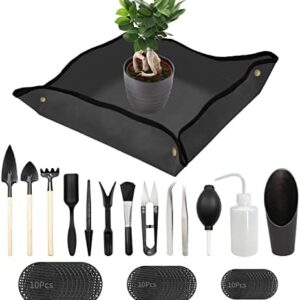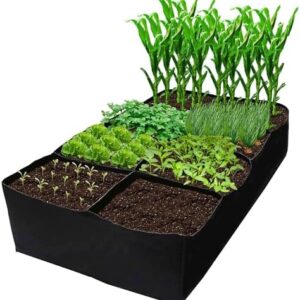Do you dream of having a beautiful, lush garden filled with vibrant flowers, fruits, and vegetables? If so, mastering the art of organic gardening is key to achieving a thriving garden that you can be proud of. Organic gardening is not only better for the environment, but it also produces healthier, more flavorful produce.
If you’re new to organic gardening, don’t worry – we’ve got you covered with some tips and tricks to help you get started on the right foot.
First and foremost, it’s important to understand what organic gardening is all about. Organic gardening is a method of growing plants without the use of synthetic fertilizers, pesticides, or herbicides. Instead, organic gardeners rely on natural and sustainable practices to nurture their plants and protect them from pests and diseases.
One of the most important aspects of organic gardening is building healthy soil. Healthy soil is the foundation of a thriving garden, as it provides essential nutrients and allows plants to grow strong and healthy. To improve the quality of your soil, consider adding compost, manure, or other organic materials to provide nutrients for your plants. You can also use cover crops to help improve soil structure and prevent erosion.
In addition to building healthy soil, it’s important to practice crop rotation in your garden. Crop rotation involves planting different crops in the same area each season to help prevent soil depletion and reduce the risk of pests and diseases. By rotating your crops, you can maintain a healthy balance in your garden and improve overall plant health.
When it comes to pest and disease control in organic gardening, prevention is key. One of the best ways to prevent pests and diseases in your garden is to plant a diverse range of plants. By planting a variety of different plants, you can help attract beneficial insects and create a more balanced ecosystem in your garden. You can also use physical barriers, such as row covers or fences, to protect your plants from pests.
If pests do become a problem in your garden, there are several natural and organic solutions you can try. For example, you can use insecticidal soaps, neem oil, or homemade garlic and pepper sprays to help control pests without harming beneficial insects or pollinators. You can also introduce beneficial insects, such as ladybugs or lacewings, to help control pest populations in your garden.
Watering is another important aspect of organic gardening. To ensure that your plants stay healthy and happy, it’s important to water them regularly and deeply. Watering in the morning or evening, when temperatures are cooler, can help reduce evaporation and ensure that your plants have enough moisture to thrive. You can also use mulch, such as straw or shredded leaves, to help retain moisture in the soil and reduce the need for frequent watering.
In addition to proper watering, it’s important to practice good weed management in your garden. Weeds can compete with your plants for water, nutrients, and sunlight, so it’s important to keep them in check. You can pull weeds by hand or use mulch to help suppress weed growth. You can also use a hoe or a hand tool to help control weeds in your garden.
Finally, one of the most important tips for mastering organic gardening is to be patient and observant. Gardening is a learning process, and it’s important to take the time to observe your plants and make adjustments as needed. Pay attention to the changing seasons, weather patterns, and the needs of your plants to help them thrive. Don’t be afraid to experiment and try new things in your garden – you never know what might work best for your unique growing conditions.
In conclusion, mastering organic gardening is a rewarding and fulfilling endeavor that can lead to a beautiful and bountiful garden. By following these tips and tricks, you can create a thriving garden that is not only good for the environment, but also good for your health and well-being. So roll up your sleeves, get your hands dirty, and start growing your own organic garden today!






